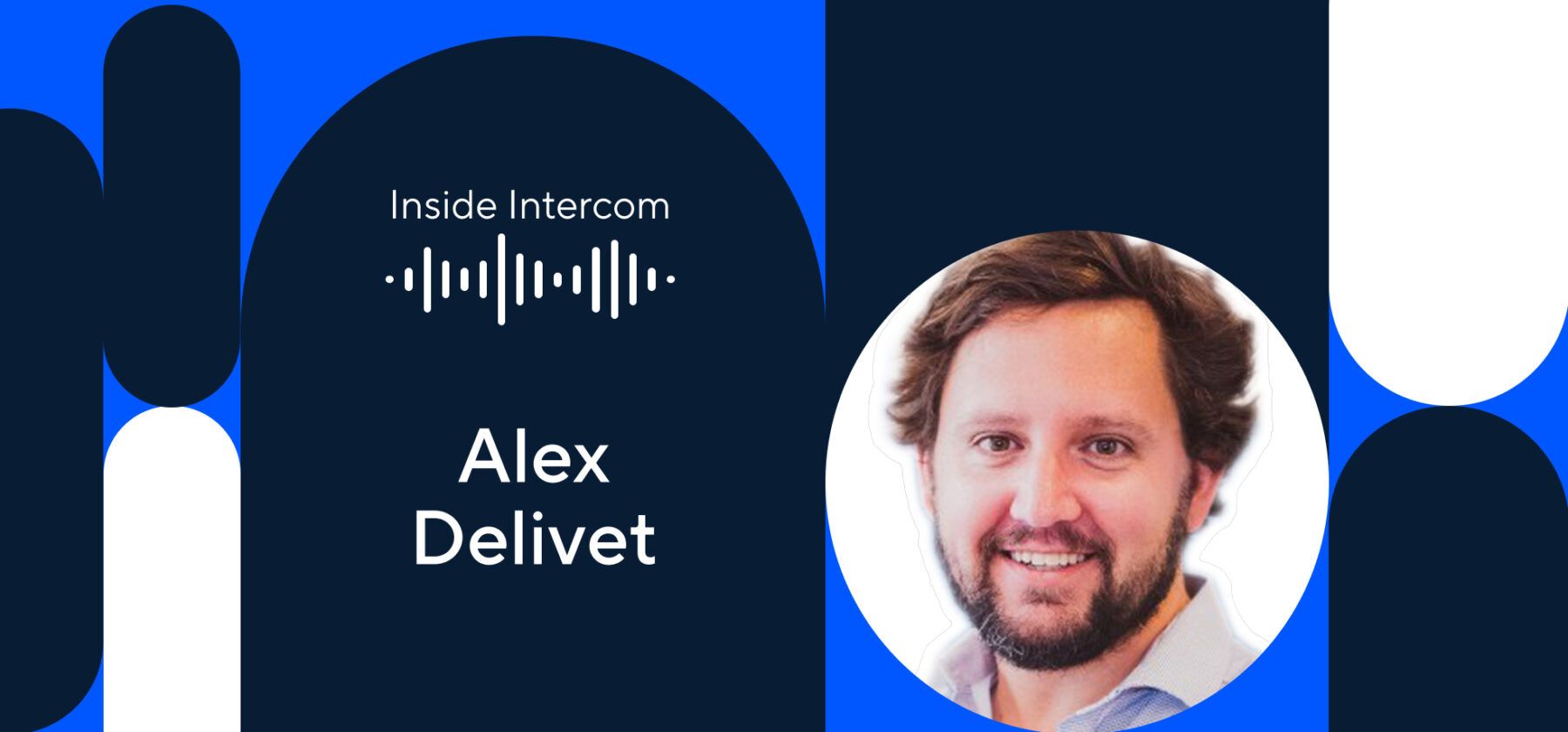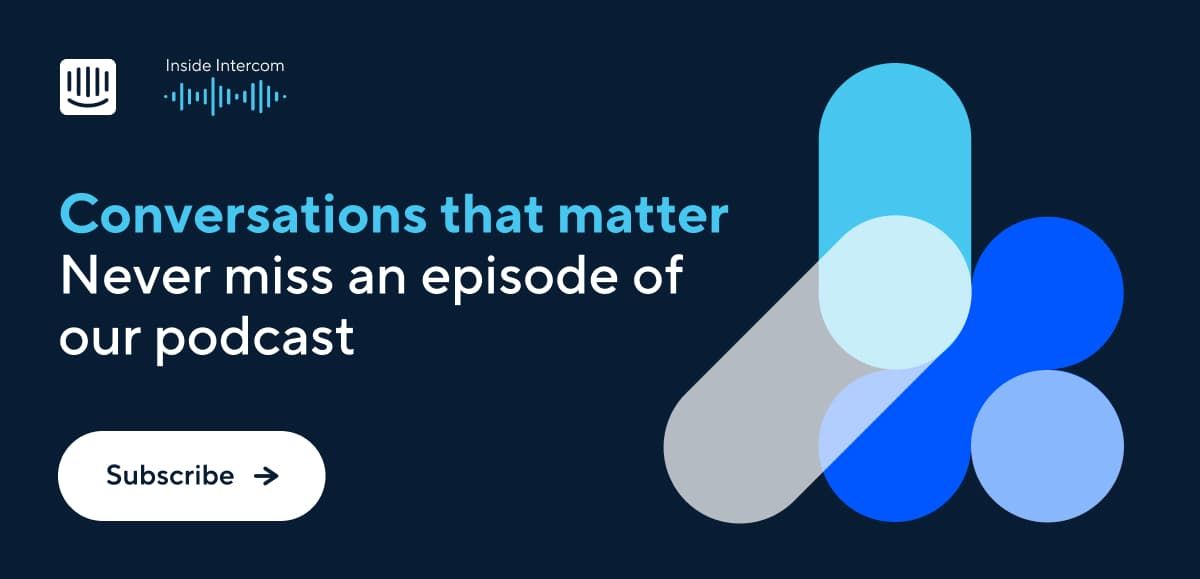
Collect’s founder Alex Delivet on automating data collection
Retrieving documents from customers over email can be messy, tedious, and time-consuming – not to mention risky, especially if we’re talking about sensitive data. But it doesn’t have to be.
Manual document collection is not exactly what you would call a seamless process. Whether it’s customer onboarding or just gathering information for an event, we’re often trapped in endless follow-ups and back-and-forth emails until we finally get the assets and can move on with other, more meaningful tasks.
Alex Delivet, one of the protagonists of the Paris startup scene, has experienced this predicament first-hand. Back in 2013, the entrepreneur founded and single-handedly organized B2B Rocks, a SaaS conference that today gathers over 1500 founders, investors, and industry leaders. Over the years, he collected his fair share of documents – photos, bios, logos – from speakers and partners alike, but he quickly realized just how much time he was wasting sending reminders for missing documents and gathering everything before the deadline. Try as he might, he couldn’t find a solution to get around it. And so, he decided to build it instead.
After running the first editions of the conference by himself, Alex sold B2B Rocks and, in 2019, he founded Collect, a platform that helps businesses collect and manage client documents, in the hopes that by putting this process on autopilot, teams can be more productive and focus their energy on bigger things.
In today’s episode, we welcomed Alex into our offices to chat about his love for SaaS, the challenges of starting a business, and the future of data collection.
If you’re short on time, here are a few quick takeaways:
- If you’re starting a business, make sure you have the technical skills to build, manage, and grow your services internally.
- While in the early 2010s, the SaaS startup scene in France was not as developed as in the U.S., today there are plenty of VC firms, startup incubators, and events for entrepreneurs.
- If you’re running a business, especially in banking or fintech, it’s important to do due diligence and verify the identity of a customer to assess the risk they pose to your business.
- When it comes to document and data collection, the future will involve fewer documents and more direct, automated connections between platforms.
If you enjoy our discussion, check out more episodes of our podcast. You can follow on iTunes, Spotify, YouTube or grab the RSS feed in your player of choice. What follows is a lightly edited transcript of the episode.
SaaS-struck
Liam Geraghty: Alex, you’re very welcome to the show. We’re delighted to have you here.
Alex Delivet: Thank you. Thank you for welcoming me into your office.
Liam: Yeah. I think you’re only the second person since COVID started who’s come into the Intercom podcast studio here in the Dublin office.
Alex: Thank you so much.
Liam: Yeah, I’d love to talk a little bit about your journey to date. Where does your interest in SaaS and tech come from?
Alex: Well, I started coding very early, when I was a teenager. I was passionate about tech and coding. And then I forgot this love for nearly 10 years. And eventually, five years after the beginning of my career, I decided to go back to tech. I felt that it was very interesting. I started my first startup called Trip XP, which was a marketplace for activities, much like what Airbnb does, but we did all the mistakes that you can make.
“One of the biggest things we learned was the importance of having technical skills internally because when we rely on that, the business can be sustainable”
Liam: Well, I mean, I totally want to ask you all about this because… This was the first company that you founded. What was it like to set something like that up?
Alex: Well, at this time, in 2011 or 2012, startups were not a big thing in France or Europe. We had good press coverage, but in the end, we didn’t really know how to build a real startup. And so I made lots of mistakes. These mistakes include, for example, building with partners that were not full-time. None of us had technical skills. We used an agency to build a product. And the biggest one was that the economics of this kind of business was not good. So even if we did a great job, in the end, it couldn’t become a sustainable business. That’s why we decided to close it.
Liam: I suppose you probably learned a lot from all of that.
Alex: A lot. One of the biggest things we learned was the importance of having technical skills internally because when we rely on that, the business can be sustainable. I was the CEO of the company, looking for a solution, and, at some point, I was like, “Okay, maybe we could pivot and become a SaaS for activity professionals that need something to manage their own online activity. They could post activities on lots of different platforms, but in the end, the real problem was monitoring each platform’s performance. If you want to update your agenda or calendar, you can do it all at once. We thought about doing this pivot, but it was impossible in our setup. And then I was like, “Okay, never again.”
Liam: Never again.
The man behind B2B Rocks
Liam: So where do you go after that experience? What is the next step?
Alex: At that time, I saw an event in the U.S. organized by 500 Startups about B2B companies. I thought it was interesting, and I posted a blog post asking, “Should we do the same in France or Europe?” And some people told me, “Yeah, if you do that, I would attend,” or “I would love to speak at the event.” And so, I decided to launch this event in 2013 called B2B Rocks. From there, I met the guy at efounders, the famous startup studio specializing in SaaS, and I worked with them in 2014 and ’15, I did some events in the meantime, and in 2016, I did a big one in France and also launched it in Sydney. But in the end, I wanted to launch a new SaaS, and organizing events is very time-consuming. You need to focus on that for months.
Liam: Yes. And what was the landscape like in France before that?
Alex: Yeah, I think it was very little in France and Europe. Even worldwide. When you look, for example, at the MarTech landscape, I think, at that time, there were probably maybe 500 SaaS, and now there are like 5,000 or even more. So it wasn’t the same landscape.
“I had a call with all the speakers to define what could be interesting topics, and that was the most interesting for me”
Liam: As you say, events are such a hard slog. And you were pretty much doing this all on your own. How did you sleep?
Alex: I don’t know. Actually, a few days before the last event I organized, I was like, “Okay, what happens if I can’t do it?” I don’t have any team, nobody to do that with. So yeah, it was too stressful for me.
Liam: Yeah. But the event itself was really successful. It must have been a great place to get insights, to have all these people who hadn’t the opportunity to speak, and suddenly, they’re all coming together to give and impart their wisdom.
Alex: Yeah. What I loved about organizing those events was doing the preparation call. Basically, I had a call with all the speakers to define what could be interesting topics, and that was the most interesting for me. One of the reasons I launched a podcast in French called SaaS Connection was to keep this kind of contact with SaaS founders.
Liam: Absolutely. When you came to the end of that, you sold B2B Rocks.
Alex: Yeah, I sold it to VC Film, which was pretty unknown in France. I was in touch with them, and they told me it could be a good asset for them, so they decided to buy it and do new events again. I think they did it for two or three years, and then COVID hit. After COVID, the production team was not in the company anymore, so they were like, “Okay, should we go or not?” They called me because they wanted me to buy it back, but I was launching the podcast and told them it made no sense for me to do that again. But I did the introduction with the new buyer, which is called Appvizer, and it made lots of sense for them to buy it and organize the event. And so they did the first one in Montpellier this year.
“We are pretty close to London and the U.S., and so good SaaS companies can also be funded by U.S. or U.K. funds”
Liam: We talked a little bit about what the scene looked like when you set up the conference in the first place. What does it look like now? You were at the very start of it. And like you said, the difference between the names of SaaS companies you would’ve known has exploded. What does it look like in France at the minute?
Alex: Now, the SaaS startups are pretty good. We’ve got some good SaaS coming from efounders, and maybe you’ve heard of Station F, which I think is the largest incubator in the world. It helps lots of SaaS companies, and there are lots of opportunities. There are also very good VC firms in Paris. We are pretty close to London and the U.S., and so good SaaS companies can also be funded by U.S. or U.K. funds. I think it’s pretty solid right now.
Liam: That’s good to hear.
Alex: I think also one of our particularities is we’ve got lots of SaaS in the growth industry, so I don’t know why, but we’ve got lots of SaaS, for example, PhantomBuster, LemList, what else? LaGrowthMachine, this kind of start-ups to automate all the connections on LinkedIn and so on.
A better way to collect customer data
Liam: And so, Collect. Where did the idea for it come from? What sparked it?
Alex: Well, the idea came a long time ago from a personal need. When I was organizing B2B Rocks, I was in touch with lots of people, including speakers and partners, so I needed to collect the bio, the photos, the logos…
Liam: I bet it gets messy.
Alex: And it was always the same. You are sending reminders and everybody’s sending you the assets on the due date or even after. It was a real problem for me – I couldn’t find a solution. So I was like, “Okay, let’s do that.” In the beginning, I thought it could be helpful for all industries, so I did what is probably the biggest mistake in marketing, which is to not be focused on one specific use case. For nearly two or three years, it was very, very broad. Now, I know the industries I don’t want to work with and those I want to double down on.
“The bigger vision is to focus on customer onboarding, mostly for SaaS”
Liam: How would you describe it for someone listening in?
Alex: I will do two pitches. The first one is Collect until now, and the second one is Collect in a few weeks. Collect is a document collection platform. So we are mostly collecting documents and data from our clients. Let’s say you are buying an apartment and your realtor needs to collect lots of documents to prepare everything. They could send you an email, but it’ll be messy, or they can use Collect and have everything in one place. They can approve and reject specific documents, and we are not only accepting documents but also data using forms. This is the pitch until now. The bigger vision is to focus on customer onboarding, mostly for SaaS. I see more and more SaaS companies needing to get documents and data from their customers. And the idea is to be their platform to do that.
Liam: You mentioned data, so obviously, security and compliance are going to be a big part of that. I want to talk a little bit about that and knowing your customer and where that comes in. Why is that important?
Alex: This is not something new, but it was not considered as important as today, and there are different reasons for that. One of them is that, most of the time, you’re not personally in contact with your customers. If you are an online business, you don’t really know who is on the opposite side. You don’t know if it’s fraud or not, so you need to check that because you don’t want to be screwed up. Also, more and more industries are concerned about regulation. For example, if you jump back maybe seven or eight years, FinTech was not a term. At that time, it was very unclear what you were supposed to do about that. Now, it’s becoming very clear. So, AML [anti-money laundering], KYC [know your customer], and so on are concerning more and more businesses.
Liam: As you said, it’s expected now in a way that it hadn’t been.
Alex: Yeah, and that’s why we are repositioning. Even if we can help lots of businesses to do KYCs, you’ve got all these SaaS companies that also do automated fraud recognition, and we do not. Right now, we are just here to collect the documents and give them to a human – we are facilitating what can be done by email, but it’s not as smooth or perfect as it could be. That’s also one of the reasons we are trying to move to customer onboarding. It makes more sense for us.
“I think the future of document collection will be fewer and fewer documents and more and more connections”
Liam: Yeah, absolutely. Customer due diligence is a big part of knowing your customer. What are the types of customer due diligence, and when should businesses be using them?
Alex: Yeah, most of the time it’s the partners who are requiring these kinds of documents. Let’s say a SaaS company does a point-of-sale system. They probably work with a payment gateway, so the payment gateway will require all of these documents – the ID of the manager, the registration documents, and so on. And these are the documents that can be collected using Collect.
Liam: And in terms of the future of data compliance, what does it look like?
Alex: I think it’ll be more and more frictionless, and we are already seeing that for different types of documents. For example, some mortgage workers are not expecting bank statements as PDFs. But they will ask, “Okay, can you connect your bank account?” So, directly to the bank. The same for taxes. I think the future of document collection will be fewer and fewer documents and more and more connections. But it will stay the same, for example, for customer onboarding. If you are a point of sale system, then you’ll probably need to get the menu from the venue; you’ll probably need to get the internal map or the logo, and this can’t be done in another way other than collecting documents.
Integrations on the horizon
Liam: Finally, do you have any big plans for the rest of the year or next year? I suppose it’s this change in Collect.
Alex: Yeah, it’s already a big plan. The other one that we have already started is the integration. Right now, we have a very good integration with HubSpot CRM. The idea is that you can send a request to your customers in one click directly from your CRM, and we’ll validate everything into your CRM. We need to finish it and close a loop so that, when everything is collected, we’re able to inject them in the CRM. And the plan is also to do that on different CRMs.
Liam: Brilliant. And so, where can people keep up to date with that? Where can they find you online?
Alex: Yeah. They can find us online at usecollect.com, my personal Twitter account is alexd, and we are also on LinkedIn, of course.
Liam: Perfect. Well I’ll put all those links in the show notes and on the blog post for anyone to find. Alex, thank you very much for joining us.
Alex: Thank you so much, Liam.








